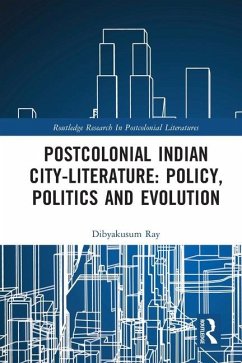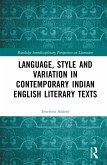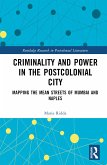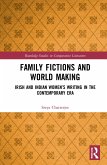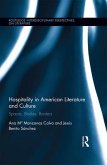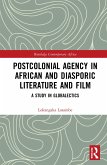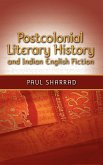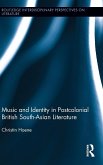How is the city represented through literature from the post-colonies? This book searches for an answer to this question, by keeping its focus on India-from after Independence to the millennia. How does the urban space and the literature depicting it form a dialogue within? How have Indian cities grown in the past six decades, as well as the literature focused on it? How does the city-lit depart from organic realism to dissonant themes of "reclamation"? Most importantly-who does the city (and its narratives) belong to? Through the juxtaposition of critical theories, sociological data, urban studies and variant literary works by a wide range of Indian authors, this book is divided into four temporal phases: the nation-building of the 50-60s, the dictatorial 70s, the neoliberalization of the 80-90s and the early 2000s. Each section covers the dominant socio-political thematics of the time and its effect on urbanism along with historical data from various resources, followed by an analysis of contemporaneously significant literary works-novel, short stories, plays, poetry and graphic novel. Each chapter comments on how literature, perceived as a historical phenomenon, frames real and imagined constructs and experiences of cities. To give the reader a more expansive idea of the complex nature of city-lit, the literary examples abound not only "Indian Writings in English," but vernacular, cult-works as well with suitable translations. With its focus on philosophy, urban studies and a unique canon of literature, this book offers elements of critical discussion to researchers, emergent university disciplines and curious readers alike.
Hinweis: Dieser Artikel kann nur an eine deutsche Lieferadresse ausgeliefert werden.
Hinweis: Dieser Artikel kann nur an eine deutsche Lieferadresse ausgeliefert werden.

